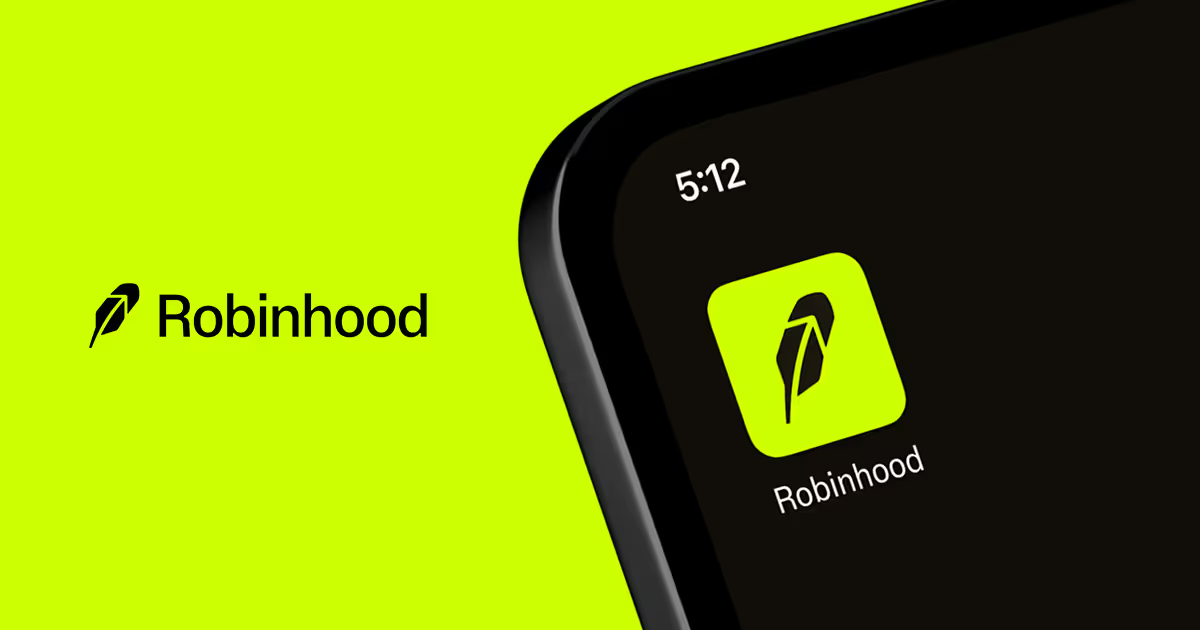
At Robinhood, we envision a future where financial markets are accessible to everyone, not just the privileged few. Our mission is to democratize finance by creating a seamless, mobile-first platform that empowers individuals to take control of their financial futures with ease and confidence.
We are dedicated to breaking down traditional barriers to investing through innovative technology that delivers commission-free trading across a broad range of assets including stocks, ETFs, options, futures, and cryptocurrencies. By harnessing real-time data, intuitive interfaces, and forward-thinking financial tools, we aim to foster a more inclusive financial ecosystem where knowledge and opportunity are universally accessible.
Robinhood is shaping a world where investing is embedded in everyday life, unlocking new opportunities for wealth creation across generations. Our commitment extends beyond trading—building a trusted, dynamic platform that supports financial education, advanced wealth management, and adaptive services to meet the evolving needs of our diverse community.
Our Review
We've been watching Robinhood shake up the investing world since 2015, and honestly? It's been quite the ride. What started as two Stanford grads wanting to stick it to Wall Street's commission fees has turned into a platform serving 27.4 million people with nearly $280 billion in assets. That's not exactly small-time anymore.
The core promise remains compelling: commission-free trading that doesn't make you feel like you need an MBA to get started. But after a decade of growth, regulatory drama, and some serious growing pains, we wanted to take a fresh look at what Robinhood actually delivers today.
What Still Impresses Us
The mobile experience is genuinely excellent. We've tested dozens of trading apps, and Robinhood's interface still feels the most intuitive for beginners. You can buy fractional shares of expensive stocks (hello, Tesla), trade crypto, and even dabble in options—all from the same clean, swipe-friendly interface.
The fractional shares feature deserves special mention. Being able to invest $10 in Amazon instead of needing $3,000+ for a full share? That's legitimately democratizing, especially for younger investors just starting out.
The Controversy We Can't Ignore
Let's be real about the elephant in the room: the GameStop saga and payment for order flow drama. During the 2021 meme stock frenzy, Robinhood restricted trading on certain stocks, sparking outrage and Congressional hearings. The company maintained it was a liquidity issue, not market manipulation, but the optics were terrible.
Then there's how Robinhood actually makes money. While trades are "commission-free," the company sells your order flow to market makers—a practice that's legal but controversial. We appreciate that they've become more transparent about this, but it's worth understanding that your "free" trades aren't exactly free.
Who This Actually Works For
Robinhood hits its sweet spot with younger, mobile-first investors who want simple access to markets. If you're 25, have $500 to invest, and want to start building a portfolio without paying $10 per trade, this platform makes total sense.
For more sophisticated traders or anyone wanting extensive research tools, you'll probably outgrow Robinhood quickly. The platform is intentionally simple, which is both its strength and limitation.
The Bottom Line
Despite the controversies, Robinhood succeeded in forcing the entire industry to eliminate commissions—that's a genuine win for retail investors. The platform remains one of the easiest ways to start investing, especially if you're comfortable with a mobile-first approach.
Just remember: free and easy doesn't mean risk-free. The app's game-like interface can make trading feel almost too simple, which isn't always a good thing when real money is involved. Use it wisely, and it's a solid tool for building wealth. Treat it like a casino, and well... you know how that story ends.
Feature
Commission-free trading for stocks, ETFs, options, futures, and cryptocurrencies
Fractional share investing
Real-time market data
Wealth management and margin trading
Cryptocurrency wallets
Subscription service (Robinhood Gold) with advanced trading tools and margin access
Banking-like credit card services in partnership with FDIC-insured banks








